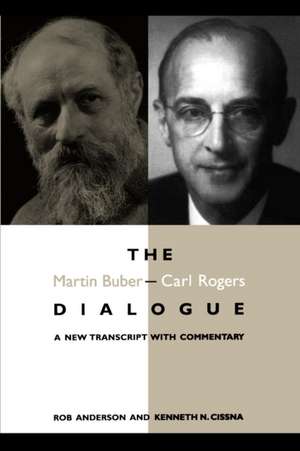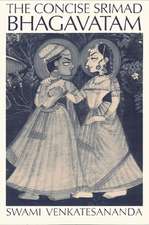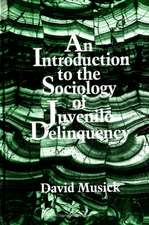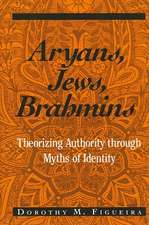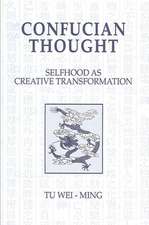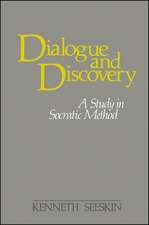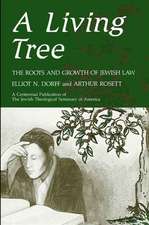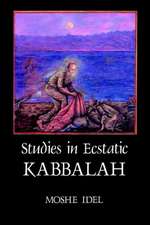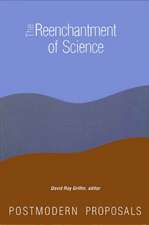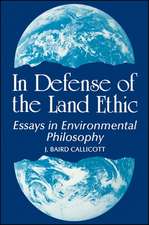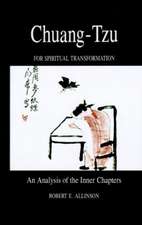The Martin Buber-Carl Rogers Dialogue: SUNY series in Communication Studies
Autor Kenneth N. Cissnaen Limba Engleză Carte – 13 aug 1997
Din seria SUNY series in Communication Studies
-
 Preț: 211.30 lei
Preț: 211.30 lei -
 Preț: 248.56 lei
Preț: 248.56 lei -
 Preț: 248.99 lei
Preț: 248.99 lei -
 Preț: 257.89 lei
Preț: 257.89 lei -
 Preț: 278.83 lei
Preț: 278.83 lei -
 Preț: 291.60 lei
Preț: 291.60 lei -
 Preț: 264.43 lei
Preț: 264.43 lei - 9%
 Preț: 191.39 lei
Preț: 191.39 lei
Preț: 245.89 lei
Nou
47.07€ • 51.14$ • 39.56£
Carte tipărită la comandă
Livrare economică 21 aprilie-05 mai
Specificații
ISBN-10: 0791434389
Pagini: 138
Dimensiuni: 139 x 218 x 10 mm
Greutate: 0.19 kg
Editura: State University Press of New York (SUNY)
Seria SUNY series in Communication Studies
Descriere
The Martin Buber-Carl Rogers Dialogue offers a corrected and extensively annotated version of this central text in human sciences. Focusing on the sole meeting between these two central figures in twentieth-century intellectual life, Anderson and Cissna return to the original 1957 audio tape and to a variety of other primary sources as they correct and clarify the historical record.
The authors highlight hundreds of errors, major and minor, in previously distributed and published transcripts--beginning with the typescript circulated by Rogers himself. They also show how an accurate text enhances our understanding of the relationship between Buber's philosophy and Rogers's client- and person-centered approach to interpersonal relations. Anderson and Cissna discuss the central issues of the conversation, including the limits of mutuality, approaches to "self," alternative models of human nature, confirmation of others, and the nature of dialogic relation itself. Although Buber and Rogers conversed nearly forty years ago, their topics clearly resonate with contemporary debates about postmodernism, forms of otherness, cultural studies, and the possibilities for a dialogic public sphere.
